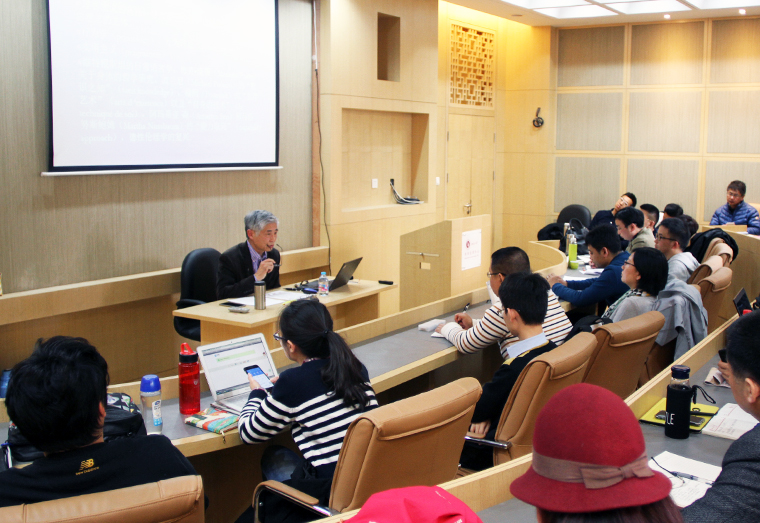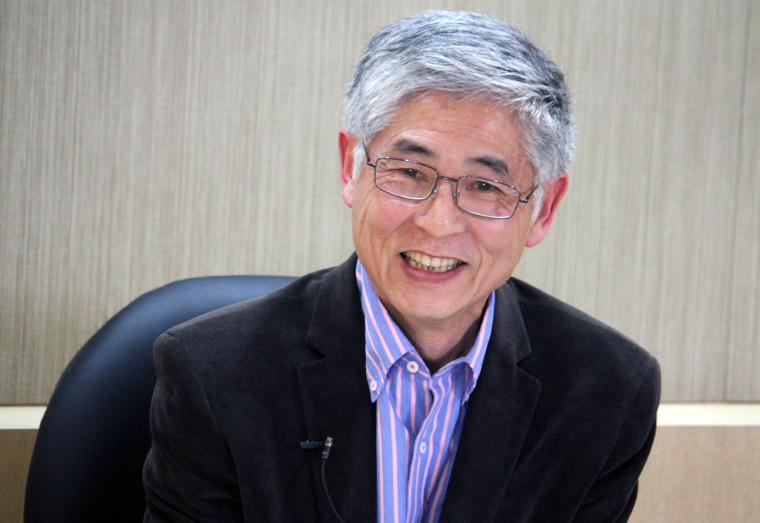


Executive vice Director of IAHS Professor Peimin Ni started his weekly lecture series on “Confucian Philosophy of Gongfu” in mid March, which is delivered every Thursday pm. 3-5, at Lecture room 103, Bldg 4, Lee Shau-kee Humanities, Peking University. Professor Ni has taught philosophy in the United States for many years, and he is known in the international circle of Confucian studies and comparative philosophy for his gongfu approach. In an article published in the New York Times column, “the Stone,” Ni argues that the term gongfu can be taken as a key to enter the door of Chinese philosophy, and he claims that to interpret Chinese philosophy through the intellectualist lens of Western mainstream philosophy is like mistaking the menu for food. The article brought wide spread attention globally. Over the years, Ni has published numerous scholarly articles on Confucian philosophy of gongfu. This lecture series is the first time he presents these research results systematically. In his first lecture, Ni explained the need to “introduce gongfu into philosophy” through a broad global perspective of the encounters between Chinese philosophy and Western philosophy, demonstrating that this is both for rectifying misleading interpretations of Chinese philosophy and for helping mainstream Western philosophy to overcome its limitations. In the second lecture, Professor Ni used many examples to illustrate what it means to interpret Confucianism from a gongfu perspective: It means to take Confucianism as gongfu instructions about how to cultivate the person, regulate the family, govern the state, and bring peace to the world, and not as a descriptive theory about the world; it means that the ultimate aim of Confucianism is mastering the art of living rather than providing moral norms for life; it means that the teachings in Confucian classics should be read as speech acts, and not just according to their literal meanings; and it means that certain contents in Confucian classics can only be fully understood with personal cultivation practice. After the first two lectures, the remaining 14 lectures of the series will unfold according to the order presented in the Confucian classic “the Great Learning” – “interact with things, extend knowledge,” “make the will sincere, rectify the mind, cultivate the person,” “regulate the family, put the state in order, and bring peace to the world.”

Copyright@2014Institute for Advanced Humanistic Studies,PKU 京ICP备案1253235 Address: 4 Bldg,Lee Shau-kee Humanities,PKU,5 Yiheyuan Rd.,Haidian District,Beijing.